Gemini Outsider Book Review
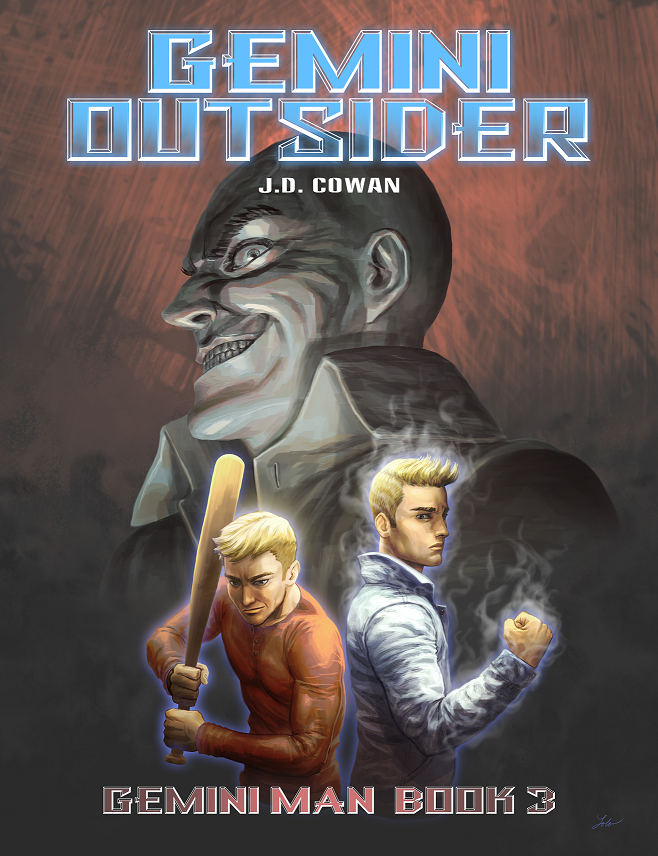
In the second Gemini Man book, Gemini Drifter, I said that Matthew and Jason had the freedom to make their own path. In Gemini Outsider, that choice has now been made. The choice is to seek anonymity and normality, whatever that means for two young men who have traveled between the stars and thwarted the plans of evil sorcerers.
Of course, evil sorcerers make bad enemies, so it isn't over yet. Not by a long shot. But we'll get to that. I want to start with how Gemini Outsider feels pretty different than the previous two books. Cowan explains much of the real world backstory to that in a post on his Substack, how five years elapsed from creation to conclusion, and how both he and the world changed in that time. Cowan has changed considerably as a writer, and this volume reflects a change in his own personal style.
So this book is different. It is an end, although not the end, and serves as a bridge between what was, and what will be.
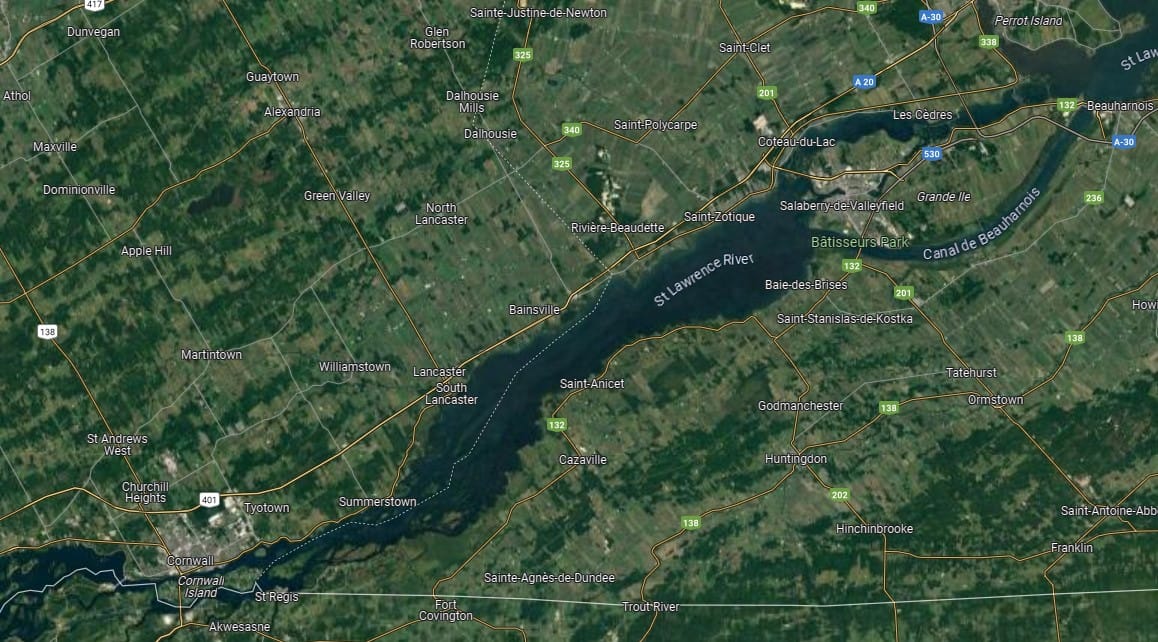
I'm intrigued by the choice of setting for Gemini Outsider. The small town of Riverview is described as being on the St. Lawrence River between Ontario and Quebec, which would put it probably somewhere around the point where those two provinces and the American state of Vermont come together.

This is a liminal space, a border region where cultures mix and things are naturally in a state of flux. This makes border regions good for hiding. Yet, as Cowan points out in his Substack, a major theme of Gemini Outsider is that Matthew and Jason need a place to call home. Riverview thus is both familiar and strange, stable and yet in the midst of change. Homely, and alien.
Part of this is Riverview seems very different to Matthew and to Jason, who while they are very similar, are also on different sides of a dividing line between youth and adulthood, between being accepted as a man, with the rights and duties that accrue to that status, and not yet being initiated or accepted as such.
Young men, in particular, have a need to prove themselves. I think John C. Wright summed this up very well:
Character is a hidden trait. Many a young man undertakes foolish risks and stupid dares, leaping from rooftops or riding bikes on railroad trestles, not from any self-destructive impulse, but because of a burning need to discover what his own character is. Is he a coward or not? He cannot know this unless he sees himself under stress, in an emergency. Hence some young men concoct artificial emergencies by taking up dares or doing daring stunts or doing deeds of derring-do.
Matthew, being older, feels more secure in Riverview, because he has already passed this test. Jason chafes a bit, because he has not yet, and purportedly safe Riverview does not seem to offer many opportunities for this inchoate but very real need young men feel to determine their own worthiness, even if only to themselves.
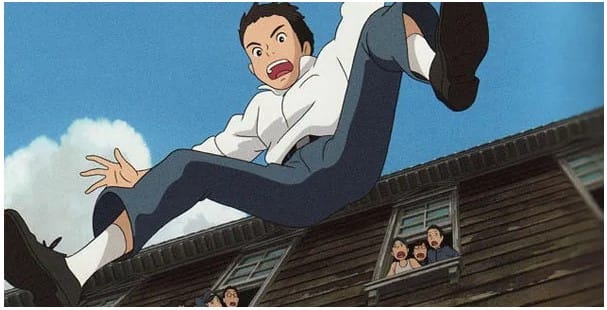
In the Studio Ghibli film "From Up on Poppy Hill", there is a great scene where the male protagonist leaps off of the roof of his school into a cistern. This is the kind of fantastically stupid thing that young men do all the time, I remember boys I know doing very similar things when we were about the same age. Wright has correctly identified the enduring reason why this is so, not only from the sense of personal invincibility that many young men possess, although you definitely should not discount that, but also because you need to know that when the time comes, you will not fail the test.
He advanced a little and fell prostrate in prayer, saying, “My Father, if it is possible, let this cup pass from me; yet, not as I will, but as you will.” When he returned to his disciples he found them asleep. He said to Peter, “So you could not keep watch with me for one hour? Watch and pray that you may not undergo the test. The spirit is willing, but the flesh is weak.”
As it turns out, Jason will have ample opportunity to test his mettle, because Nieto, the Sorcerer King, is not finished with the Gemini Man. Yet, Nieto cannot act directly on Earth, so he needs willing agents. Cowan has provided us with a great villain to fill that role.
Writing a great villain is hard. I'm not sure I have hated any villain as much as I hated the villain in Gemini Outsider. It isn't just that Suicide is an evil man; it is that as a Prime, he has a power that allows him to attack people on a nearly spiritual level, the way a demon infests you with despair. Except worse, because with demons you have to let them in.
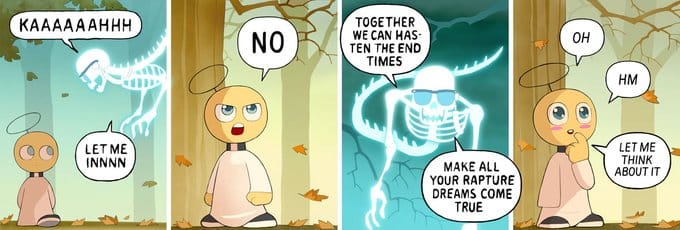
In addition to his power, there is Suicide's attitude and philosophy: pure nihilism.
The Master was the only one who understood. Humanity was a collection of skin cells and hair follicles with slightly differing thought patterns that the mighty could manipulate. They shouldn't exist, and soon enough, they wouldn't. That had always been his goal.
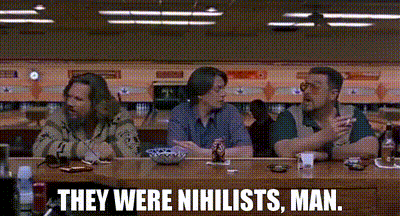
In a setting that is chock-full of people with stupendous powers, Suicide is genuinely terrifying. He cannot be beaten by being faster, or stronger, or cleverer than him. Suicide thinks that he is unbeatable:
"Those thoughts in your brain are permanent," Suicide said, careful to emphasize every word. The old man looked at him, his eyes red and watering. There was only so much weight the mind could take. It wasn't like other muscles– it could never be trained to be tougher. All men were weak on the inside.
Of course, Suicide is wrong in this belief. It is very possible to train the mind to be tougher, although today that social technology has largely been forgotten. But I think that it is understandable that Suicide had at that point not yet encountered anything in his life to persuade him otherwise.
Victory over despair requires something like the quality Job had, of a nearly supernatural perseverance in the face of failure, loss, and tragedy. Suicide's philosophy cannot conceive of a power greater than his own; the power to concentrate all of human suffering in his target at the moment of his choosing. Yet, there is a power that can do so.
The answer to the riddle of suffering cannot actually be said in words:
This, I say, is the first fact touching the speech; the fine inspiration by which God comes in at the end, not to answer riddles, but to propound them. The other great fact which, taken together with this one, makes the whole work religious instead of merely philosophical is that other great surprise which makes Job suddenly satisfied with the mere presentation of something impenetrable. Verbally speaking the enigmas of Jehovah seem darker and more desolate than the enigmas of Job; yet Job was comfortless before the speech of Jehovah and is comforted after it. He has been told nothing, but he feels the terrible and tingling atmosphere of something which is too good to be told. The refusal of God to explain His design is itself a burning hint of His design. The riddles of God are more satisfying than the solutions of man.
The way forward lies in having the faith to know that Suicide cannot extinguish the good, because he is not the creator of the good. Victory is possible, but not easy. It may cost everything you have to give. But when the fate of place that might be home is on the line, there are definitely fates worse than death.
I'm pretty satisfied with the way Cowan wrapped up the Gemini Man series. It is also difficult to write a good ending, but I think this one strikes the right balance by giving enough detail to the aftermath that the stakes seem more real. If someone is going to fight for their home, what happens to that home is important to see.
While the ending is well done, it is an end, and not the end. There is a little bit more in the brief coda Gemini Destroyer, but we shall leave that for another time. I think that the whole Gemini Man series is worth a read, and you should give it a try if wonder stories are your thing.
Buy Gemini Outsider on Amazon
I supported the Gemini Man Kickstarter
With Both Hands Classics | My other book reviews | Reading Log
Mini-reviews
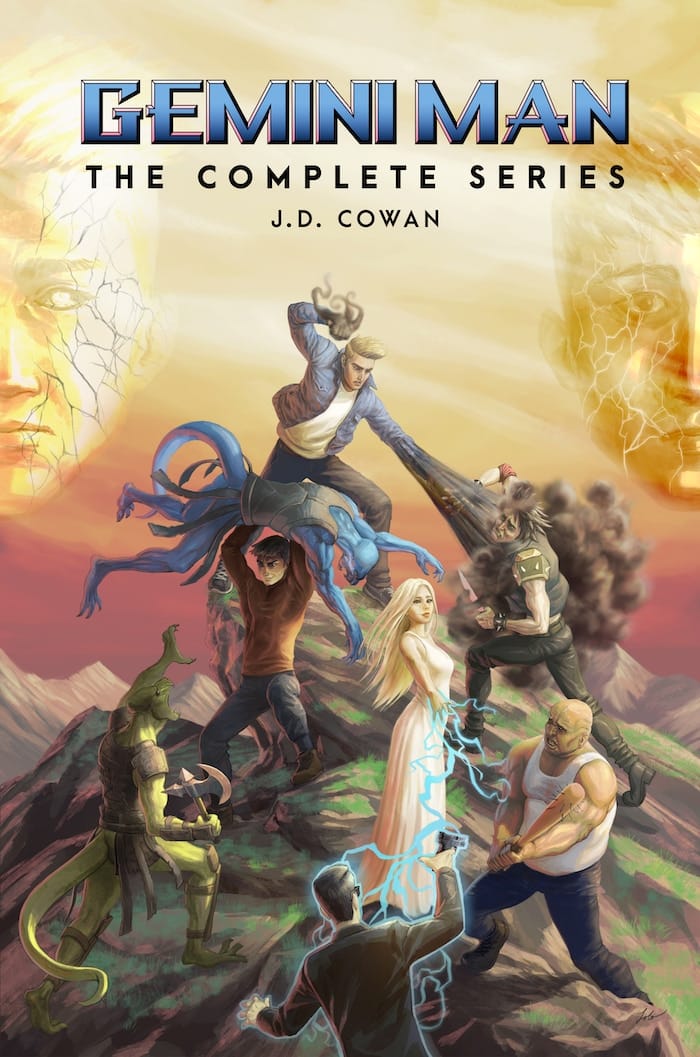
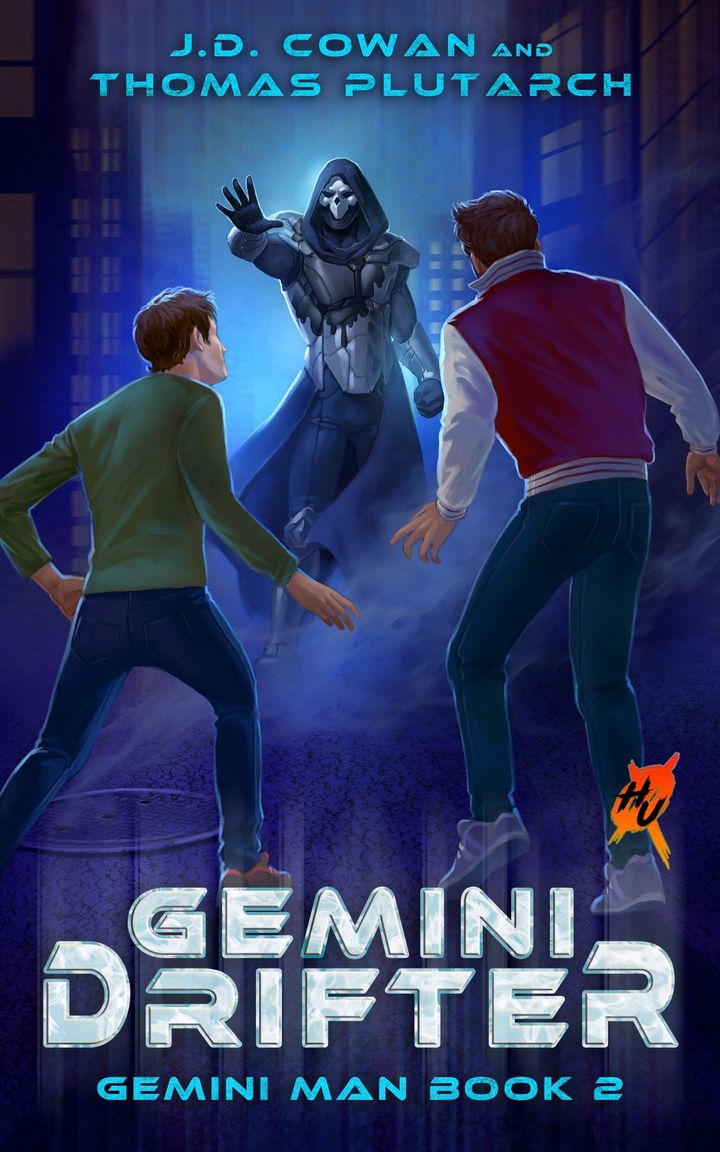
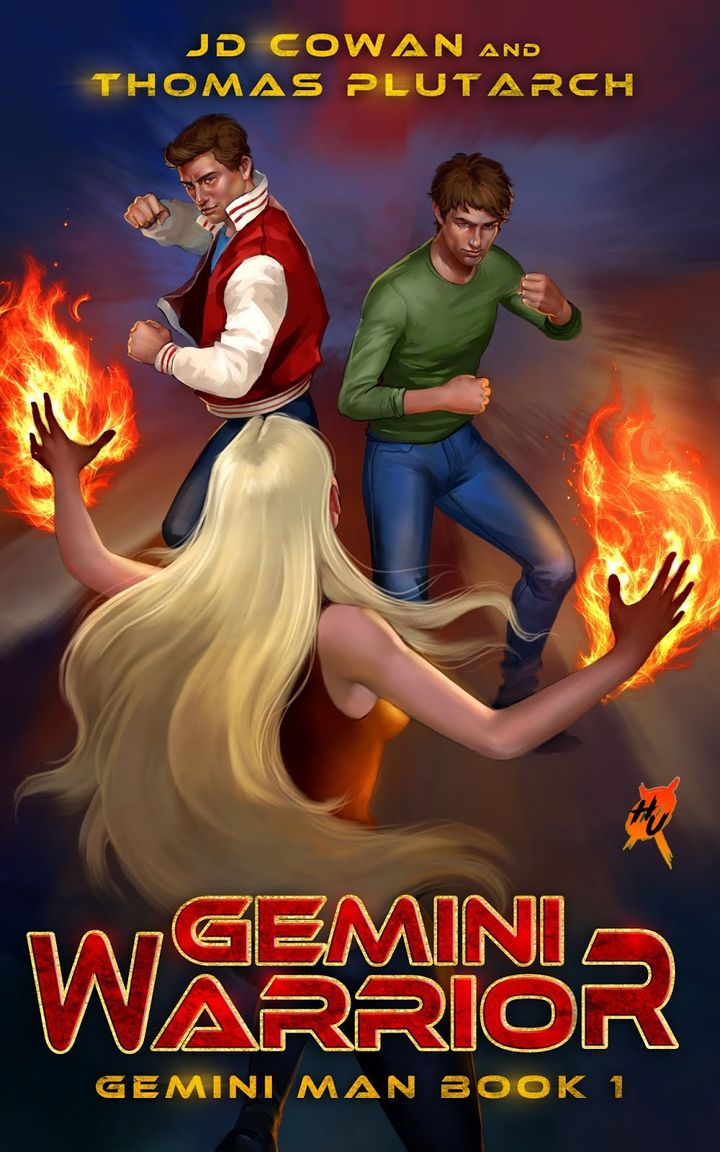
Comments ()